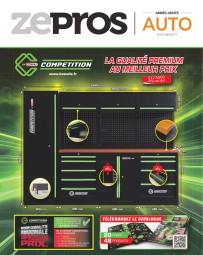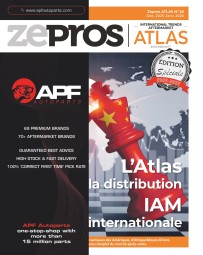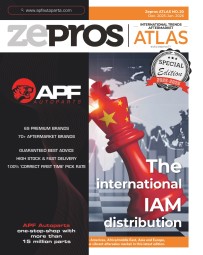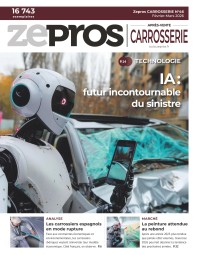
[Atlas Europe] Body parts : A market that is difficult to structure
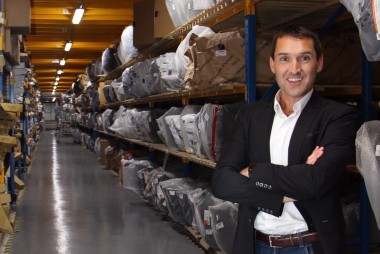
“The particularity of bodywork parts lies in the products and stocking. To meet the needs of repair shops, we need to propose an intelligent mix of references: original parts, generics and aftermarket. This requires a lot of space and not many of us can do this on a national scale" says Vincent Belhandouz, President of Aniel Marketplace. The Frenchman is the only body part specialist within Nexus International, although other members of the consortium sell much larger volumes with only a few product lines. Guarded by car manufacturers, this market, which is smaller than that for mechanical parts, remains difficult to structure.
Because there are so many different finishes and restyling for so many models no generic parts manufacturer is able to keep up. In addition, except for a few references such as headlights or windscreens, few equipment manufacturers distribute under their own brand. And some countries such as France and Sweden protect "the designs and models" of their national manufacturers. Still officially protectionist, Germany is the biggest consumer of generic parts!
European sourcing is the preferred choice

Faced with the millions of references needed, many independents have given up on sourcing directly from Asia and South America. But they do deal with a few European (Spanish, Italian, Portuguese) and Turkish manufacturers. A handful of major European platforms massively import parts and repackage them under their brand.
Van Wezel Autoparts (Belgian subsidiary of Britain's Unipart, supplier to Temot), Prasco (Italy), Diederichs (Germany) and Polcar (Poland) supply national distributors. In countries with free markets, there are specialists in one of the three ranges. Local wholesalers pick and mix from them.
A mix of part types has become essential

But these constraints do not put off international groups. Nexus is currently studying a project that could be rolled out to all its partners. Among them is Vincent Belhandouz, whose company is switching from the traditional distribution model to an online marketplace bringing together all suppliers of bodybuilders (including manufacturers) in one place.
“The protectionist policies of manufacturers have forced us to develop this capability of mixing ranges (manufacturer, aftermarket and generic) at a national level. And Aniel Marketplace went even further by developing its marketplace” he explains. Manufacturers, its competitors of yesterday, are becoming its partners. "We see the separation between original and generic parts being reduced and between manufacturer and independent networks"
Nicolas Girault
Find all of the exclusive information from the Zepros Auto's European IAM distribution Atlas HERE.
